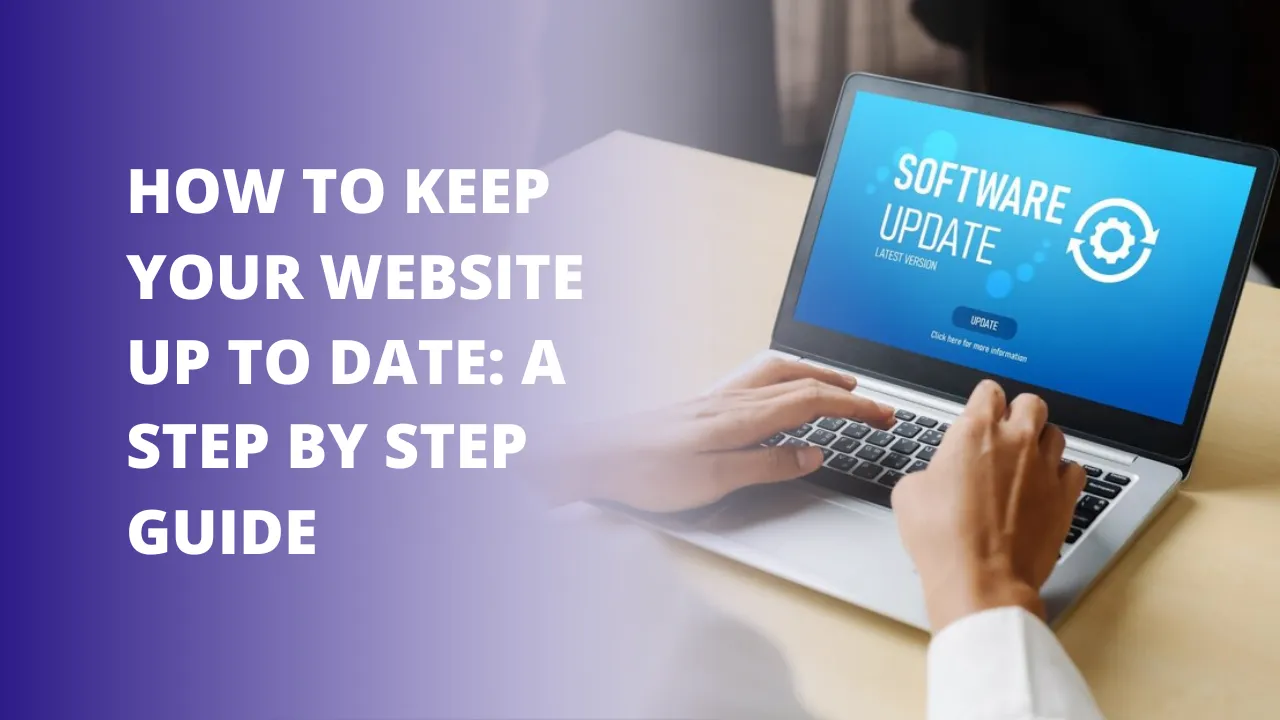
Page speed is extremely important when it comes to website performance.
Yet, without knowing how this statistic operates, particularly the variables that affect it, it might be challenging to improve. For bounce rates to be reduced and visitor engagement to rise, a website must load quickly and without interruption. In addition to enhancing user experience (UX), a website that is optimized for speed also benefits search engine results.
The top website design company in Portland is Codevelop us, and we give this aspect the biggest weight. To get a sense of this element, read this blog all the way through.
How can page speed be measured?
You should evaluate the effectiveness of your web pages before making any modifications to your website. To test and gauge page speed, you can use a variety of tools. Pingdom, Website Speed Test and GTmetrix are two of his well-liked remedies and are both suitable for newbies.
Simple methods to speed up page loading
1. Choose a hosting service with performance optimization.
Your choice of hosting company has a significant impact on how effectively and efficiently your website is managed. The page speed is also included in this.
2. Reduce file size and improve the image.
Pictures enhance both the aesthetics and the content quality of online pages. Large photos, however, can also prolong loading times. So give it some thought.
3. Lessen reroutes.
Your site's load times may be severely slowed down if there are too many redirects. The HTTP request-response cycle gets longer each time the page is forwarded to another location. Therefore only use what is necessary.
4. Cache online content.
One of the best ways to make your website faster is through caching. The server work required to build and serve the webpage to the visitor's browser is reduced since the cache saves a copy of the website's files.
5. Make browser caching active.
Another type of caching that can be utilized to speed up page loading is browser caching. This method eliminates the need to reload the complete page each time a user accesses a website by allowing the browser to store various pieces of data, including style sheets, photos, JavaScript files, etc.
The Core Site Vitals report in Google Search Console allows you to view your scores.

Note: According to Google, its page speed changes only have a negative impact on websites that offer "the slowest experience." Yet for the best outcomes, they advise aiming for the "Excellent" criterion. Once you cross that barrier, improving your page performance by a few milliseconds won't necessarily result in significant gains.
Conclusion
We can assist you if you are concerned about how slowly the page loads. Contact our knowledgeable team of designers so they can make the required adjustments and enhance the situation.
For a good first impression, it is crucial to give visitors a seamless experience. Hopefully you are aware of the adage "first impressions last" as well.





Leave a Reply